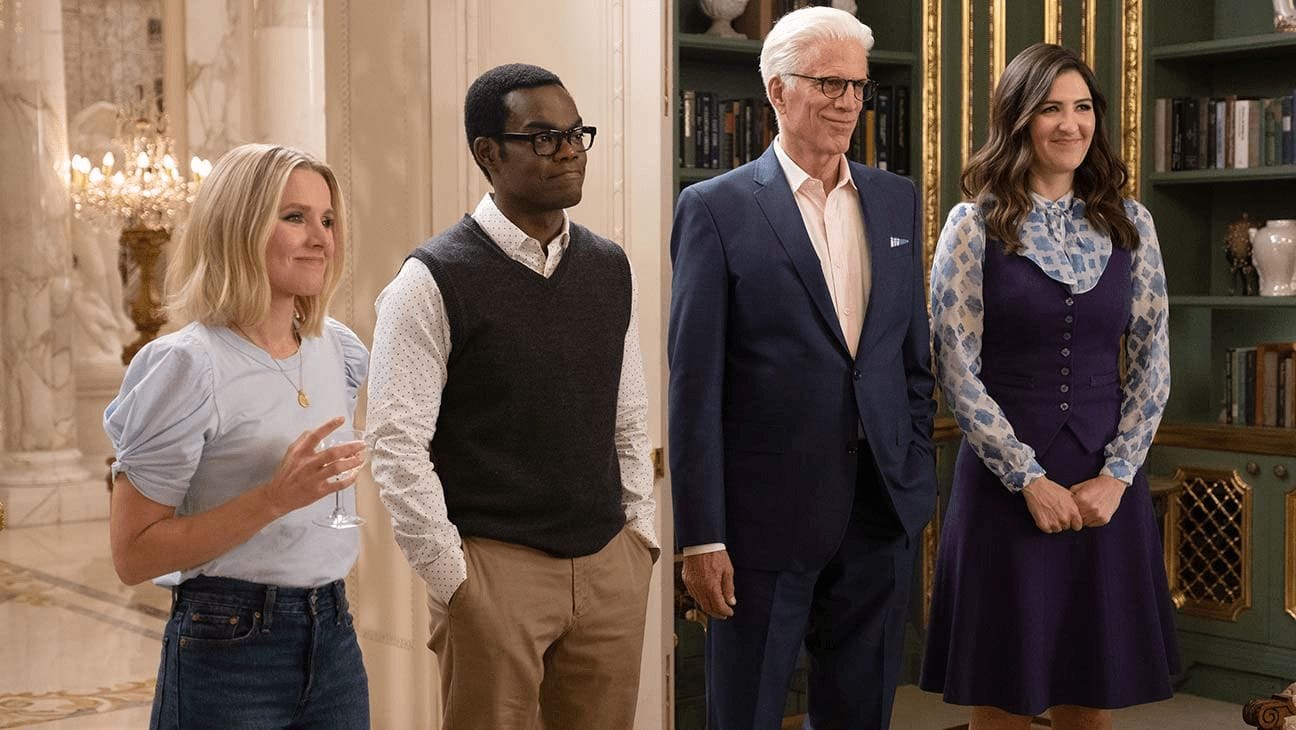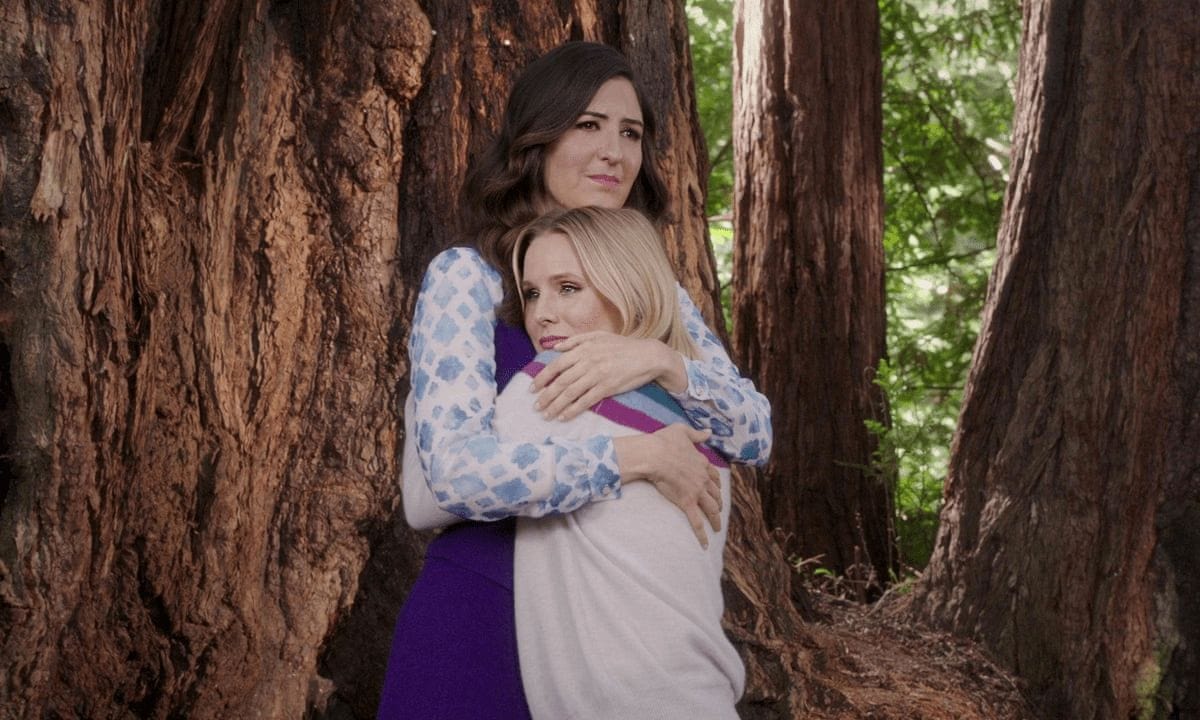Michael Schur’s Finite Vision
When we consider the endearing journey of The Good Place, it’s essential to acknowledge the driving force behind its narrative closure. Michael Schur, the series creator, had a clear vision for the show—a finite story with a predetermined endpoint. In an age where television series often stretch beyond their natural lifespan, Schur’s approach was refreshingly different. He crafted a tale that was meant to be told over four seasons, no more, no less, ensuring that the series remained true to its original intent and purpose.
As viewers, we witnessed a story that was as much about the afterlife as it was about the characters’ personal growth and redemption. Underneath the jokes about the NFL’s best quarterback, Blake Bortles, Eleanor’s (Kristen Bell) obsession with Stone Cold Steve Austin, and a neighborhood’s worth of puns—there’s a show that was genuinely curious about the afterlife, humanity, and a person’s ability to improve,
reflecting Schur’s desire to explore profound themes within a comedic framework.

A Story with a Beginning, Middle, and End
The narrative arc of The Good Place was meticulously designed to unfold over four seasons. This structure allowed for a story that was both satisfying and cohesive. As audiences followed the characters from the confines of Michael’s afterlife neighborhood to Earth and beyond, they were part of a journey that was carefully planned from the start. The transitions in the show were significant; The third season of The Good Place accounts for its rockiest transitions: from the comfortable confinement of Michael’s neighborhood to just plain Earth, and from everyday existence to a fight for the moral fate of humanity,
highlighting how each season built upon the last to reach a meaningful conclusion.
The series finale itself is testament to this deliberate storytelling. It brought closure in a way that few shows manage to achieve—Such a morbid ending with such a positive spin doesn’t hit the airwaves every day,
showcasing Schur’s ability to deliver an ending that felt both inevitable and uplifting.

Prioritizing Quality Over Quantity
In a television landscape where series often decline in quality for the sake of longevity, The Good Place stands out for its commitment to maintain excellence throughout its run. This decision is evident in how even the least compelling episodes are described as relatively impressive and undeniably delightful,
speaking volumes about the show’s consistent caliber. Rather than diluting its essence by prolonging its existence, The Good Place chose to prioritize storytelling quality over extending its screen time.
This choice ensured that fans were left with fond memories rather than disappointment. While some may argue that Clocking in at over an hour with commercials, the finale, like the series itself, struggled to live up to its potential,
it’s clear that this sentiment stems from high expectations set by the show’s overall high quality—an indication that ending on a high note was indeed the right choice.

In summary, The Good Place concluded after four seasons because of Michael Schur’s vision for a finite story, its well-crafted narrative arc, and a commitment to quality over quantity. Its legacy lies in setting a precedent for thoughtful storytelling and character development in television—a truly good place in TV history.
 Follow Us
Follow Us





